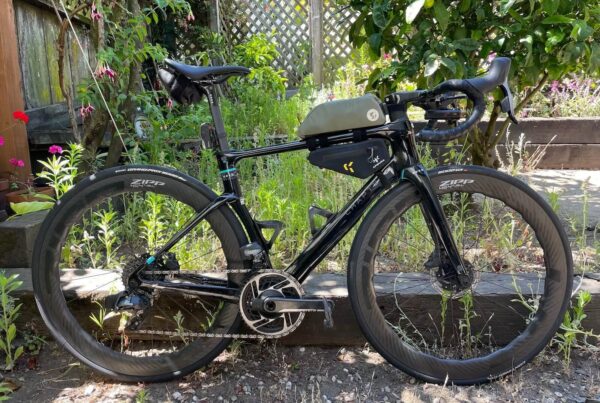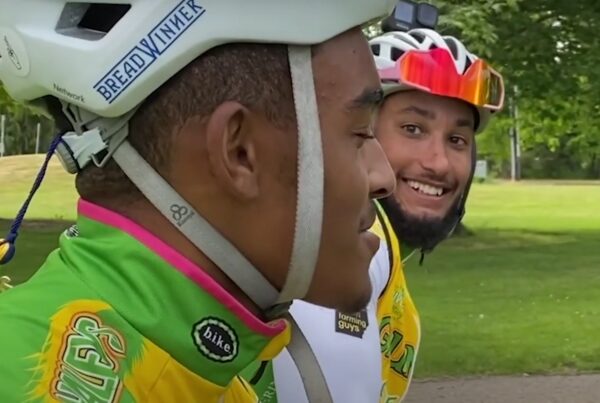How to handle an encounter when you’re unjustly pulled over
By Bob Mionske
Most people don’t follow traffic laws. Motorists speed. Cyclists roll stops. Pedestrians jaywalk. And that is where the police come in–to enforce the laws. It’s good that they do, because when people on the road obey the law, we are able to predict with some measure of accuracy what will happen, allowing us to avoid most collisions. But what about when the officer is just plain wrong on the law? There are three things to keep in mind during any such encounter.
If you’re ordered to stop, then stop. The officer is not going to let you ignore an order, and the situation will become worse if you attempt to do so, even if you’re in the right.
Let the officer be in charge. Police officers are trained to maintain control of encounters. If you attempt to take control, you will find the tension escalating very quickly. So keep your interactions polite. Besides, nobody likes dealing with unpleasant people.
Be absolutely certain you are right. This means that you must not only know your state’s laws, but also any relevant local laws. Unless you’re sure, do not assume that the officer is wrong.
Beyond these rules, how you handle the encounter will depend on your goal. If you simply want to continue on your way with minimal hassle, then you should politely comply with the officer’s interpretation of the law. If you want to assert your rights under the law, then ultimately you must be willing to be ticketed, go to court and fight the citation.
However, when you were first stopped, the officer may not yet have decided to ticket you; he may have merely intended to have a talk with you. In this case you have an opportunity to discuss why you believe you were in the right. If you want to try to convince the officer that you were riding lawfully, keep in mind that your greatest chance for success is in not demeaning the officer. For example, it might be useful to have a copy of your local traffic laws on hand as a reference source, but suggesting that the officer should read the laws probably isn’t such a good idea.
Often an officer will relent, particularly when he knows that you’re right but stopped you for your own good, because he thinks that where you were riding is unsafe. But if the officer continues to insist that you are violating the law, your only recourse will be to ask the officer to cite you, which means your fate ultimately will be decided by a potentially disinterested trafficcourt judge burdened by a heavy docket. Still, that’s the place to use all your evidence and powers of persuasion–far better than having an interaction withan officer go south and decide your fate for you.
When the Cop Is Wrong
Recent examples of poor law enforcement
LARIMER COUNTY, COLORADO In 2008, sheriff’s deputies begin enforcing an interpretation of the two-abreast law that nobody–not even the law’s author–agrees is correct, an issue that continues to flare up locally.
LAWRENCE COUNTY, OHIO In 2008, a deputy pulls alongside cyclists and tells them to get off the road, sparking a shouting match and the eventual Tasering of one rider.
REDONDO BEACH, CALIFORNIA Last year, an officer tells cyclists “single file is the law,” but it is not in the area.
WATKINSVILLE, GEORGIA This past spring, a police officer tells a parent concerned about speeding neighbors buzzing kids on a residential street that it’s illegal for kids to ride in the road.
Research and drafting by Rick Bernardi, J.D.



